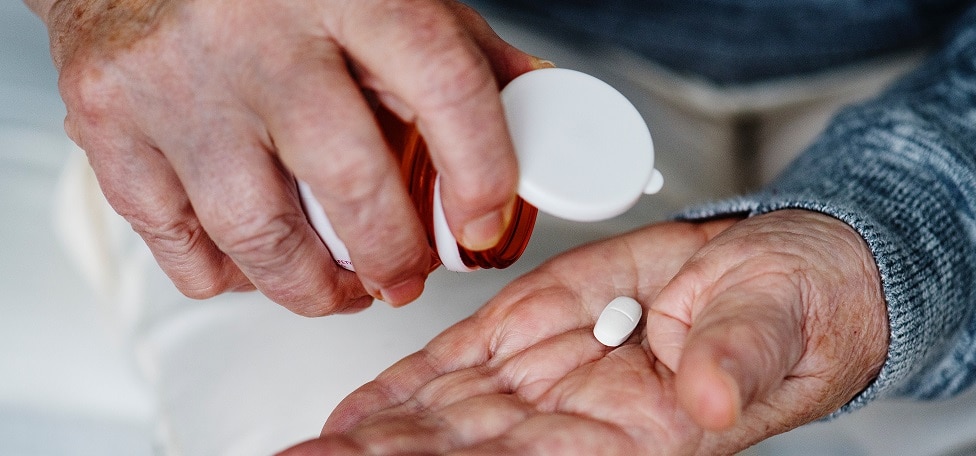Healthcare in China Addresses Innovation in 2019
Healthcare in China in 2018 made important progress in terms of the registration and approval policy for innovative drugs conducted by authorities in China.
A lag in approving new drugs had become a major roadblock to innovation in the second largest pharmaceutical market in the world. From a list of 415 drugs approved in the US, EU and Japan over the last 10 years, 339 were not approved in China (and are therefore not available). It is a major issue for the industry and, more important, Chinese patients had to wait 8-9 years on average to get access to new medicines.
The year 2017 was a milestone in terms of awareness and decision making and 2018 was the year concrete implementation was started in order to find a solution.
The administrative part of registration has been reduced to 60 days and an acceleration list of 48 drugs has been designed in order to start to address the drug approval lag.
Focus on scientific needs
This means that the National Medical Product Administration (NMPA) now is focused on scientific needs. Innovation is not bogged down in administrative process but has become a debate between scientists under the control of public authorities. There has also been much discussion on Intellectual Property, though so far without a conclusion.
One black spot is still the lack of a solution for transferring data about blood and human samples which is wasting time in most cases and often blocking some projects. But the Administration needs time to make its point with the Ministry of Science which controls this process.
In 2018, the NMPA has also forcefully demonstrated its concern about safety and quality. The recent scandal of Changsheng Bio-Technology falsifying data for a rabies vaccine was punished by a fine of $1.32 billion – the heaviest fine ever. Responsibility is progressing in the eco-system and is welcomed by all players, international and local. A lot of progress is also being made on the side of the ICH (the international regulatory organization) and technical training will enable improvement of numerous practices.
Pilot may be extended
Key for 2019 will be the implementation of the Marketing Authorization Holder (MAH) system. The direction has been confirmed publicly, but some leaders are asking for an extension of the pilot program for one more year and thus it is probable that MAH will not become law before 2020.
Recent changes of leadership at NMPA have been seen by some media as a possible change of direction. I do not think so. New leaders need some time to catch-up, but there is no will to change the overall direction toward innovation. This is an issue no longer driven by international industry, but by local companies. Big domestic players want to transform themselves and local startups are looking for a more supportive environment for innovation.
For our corporate customers in the executive search field, it means that regulatory, medical and scientific leadership positions, that are already under-supplied today, are going to become red-hot with important strategic implications.
It will raise the stakes in terms of talents required to deliver objectives, resulting in a much more complex search process. Talent development becomes even more critical to retain and renew.
Overall, it raises the bar in terms of science. NMPA is gearing to become one the top agencies in the world and companies need to be at par.
(Read more about our Life Science & Healthcare Practice Group)






